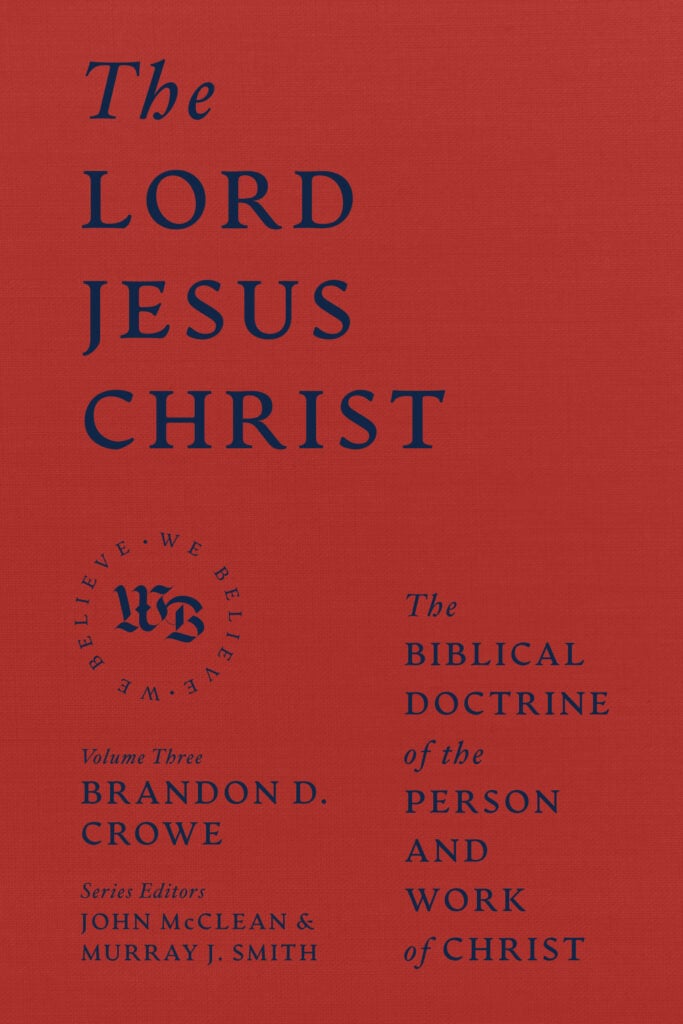

In The Lord Jesus Christ: The Biblical Doctrine of the Person and Work of Christ, Brandon D. Crowe reflects on Christ’s person and work. During our interview, we discuss how the book came to be and what highlights The Lord Jesus Christ as a distinctive take on the subject of Christology.
Lexham Press: Share something with our readers that only your friends might know.
Brandon Crowe: I once met Lionel Richie in the 1980s. Is that interesting?
LP: What is the story behind The Lord Jesus Christ?
Crowe: This is the first volume of the We Believe series, which focuses on 1) the teaching of Scripture, 2) the historical confessions of the church, and 3) the practical implications for life. This focus fits well with the need to understand Scripture as a covenantal, and therefore practical, book.
My own contribution to the series came after having written some essays and longer works on the work of Christ, dating back to my PhD thesis. I never thought I would write a book on Christology, but I ended up agreeing to the invitation when approached a few years ago. Writing the book was a privilege, and I learned a great deal. This is a well-designed series, and I am honored to be a part of it. The editors (John McClean and Murray Smith) have designed it well. They set the vision for the book and series.
LP: What sets this book apart from other Christology books?
Crowe: This volume has a few distinctive characteristics.
First, it is multi-disciplinary. It covers biblical studies, church history, systematic theology, and practical theology.
Second, this book combines both the person and the work of Christ into one volume—topics that are often separated into discrete volumes.
Third, this is a work on Christology written by someone who is primarily an NT Professor, and therefore (I hope) it adds some new exegetical perspective to christological discussions, while affirming the great ecumenical creeds of the church.
Finally, the book is written explicitly from the perspective of Reformed theology, though this in conversation with the catholic tradition more broadly.
LP: Why do you write?
Crowe: I have been blessed with opportunities to write, and ideally I write as a way to use my gifts to serve the church. I hope to help people understand the overall message of Scripture better, and how the Bible points us to Christ. I aim to help make what seems complex and disparate easier to understand. I try to synthesize from an array of sources and present an integrated vision of Scripture for readers today, showing why it matters for life. Writing is part of my calling as a professor and minister of the gospel. It is an extension of the teaching ministry: arising from the classroom and leading back into the classroom as well. Writing is one way to steward the teaching ministry, and I seek to make the most of those opportunities as I am able.






